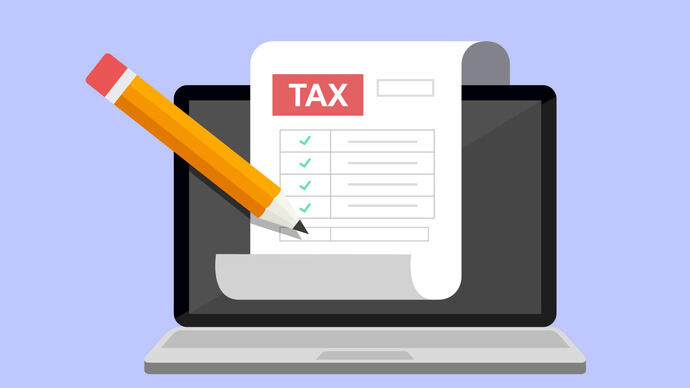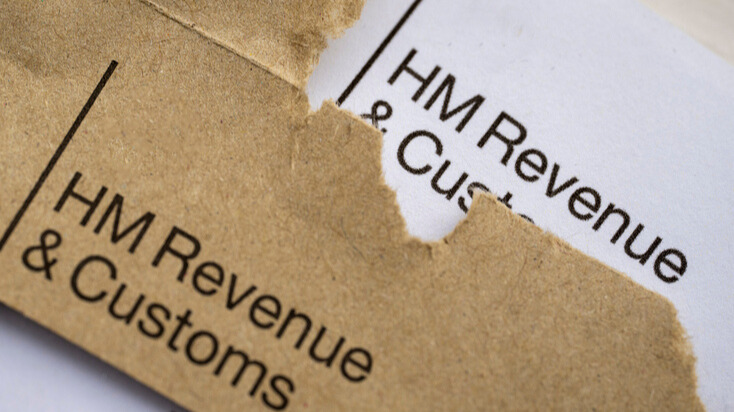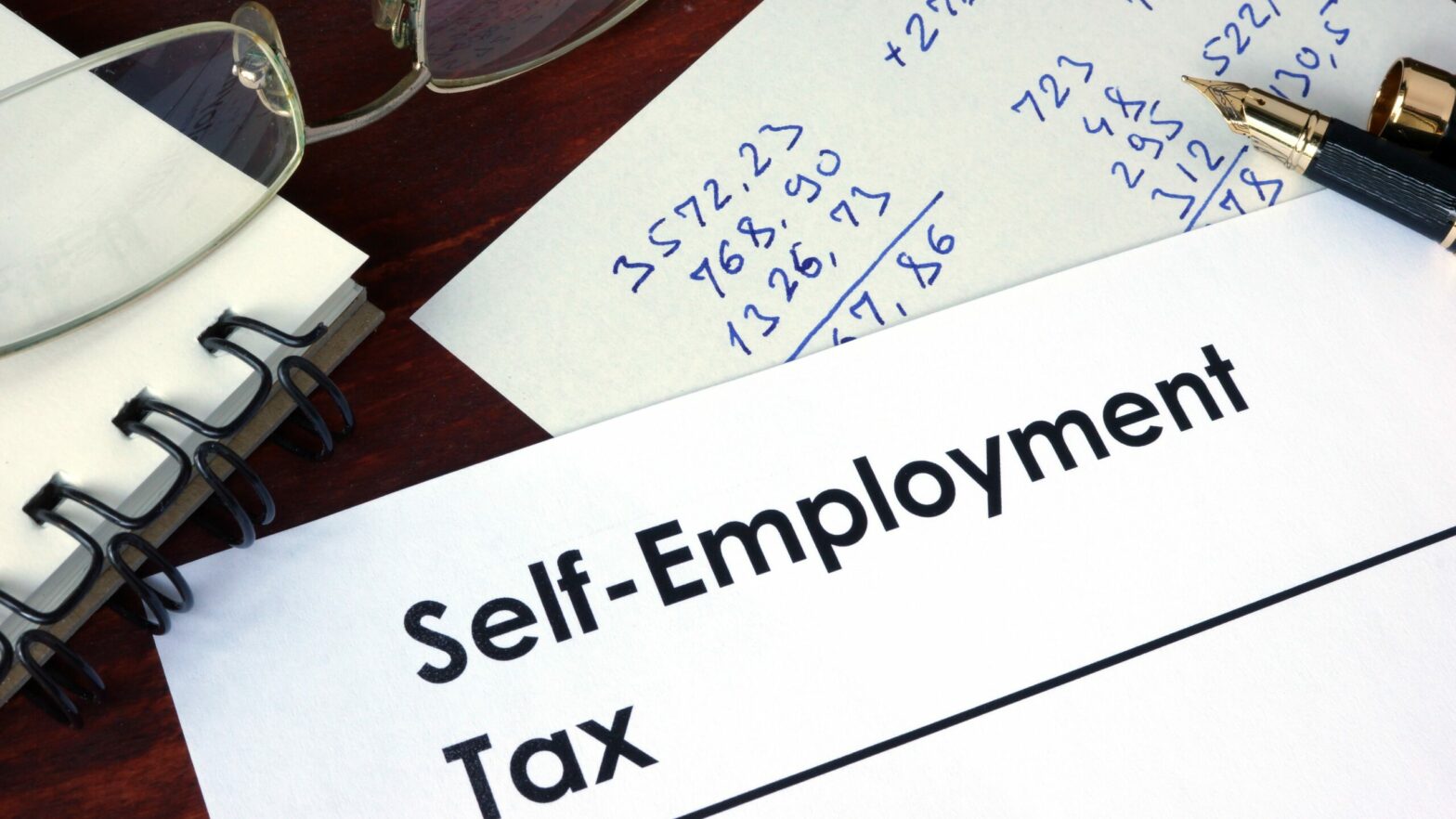Each year, the Government sets aside an estimated £1.5 billion for business rates rebates. That’s a staggering figure but there are two sides to that (very large) coin. One way to view this is that there is a pot ready for businesses to benefit from should their business rates be miscalculated. That is, of course, a positive thing, but the business community should also question why this figure is so high. Just how prevalent is business rates overpayment and how often does a business miss out on a rebate or reduction? How can you challenge your business rates calculation?
‘Business rates are an archaic and deeply flawed system’
Steve Hughes of RVA Surveyors
All too often businesses assume that they are paying the correct business rates for their commercial premises. On the face of it, that’s a reasonable assumption. We are programmed to accept that our tax is calculated based on our circumstances and we very rarely question the accuracy. Some may even assume that they will be notified by the relevant Government department if they are paying too much tax. It is this kind of apathy that makes business rates an archaic and deeply flawed system. Querying your business rates is an unfamiliar, daunting and time-consuming process and one that many will avoid.
>See also: Business rates relief fund yet to pay out single penny
How is my business rate calculated?
The Valuation Office Agency (VOA), which oversees business rates, calculates a property’s rate from its “rateable value”, which is based on a property’s open market rental value, its size and its usage. Rateable values are published in the VOA’s ratings list, which have historically been re-evaluated for properties in England and Wales every five years.
Having a rateable value for a property should, in theory, create a simple and consistent system.
The trouble is that basing a business rate on simple desktop calculations doesn’t take into account the different features of a building that may entitle a business to a lower rate.
How do I know if I am on the correct business rate?
The VOA has a digital system called Check Challenge Appeal through which a business can first check if their rate is correct, then challenge if they believe their rate is incorrect, and then finally appeal if the previous steps have been unsuccessful in achieving a reduction.
Check Challenge Appeal can be challenging to navigate but, when undertaken by a specialist who can scrutinise the detail and inspect a property, can bring about huge reductions. It is important that businesses don’t take anything for granted with business rates.
>See also: Government delays business rates reform yet again
What happens if my business rate is too high?
If a business undertakes the Check Challenge Appeal process and is found to be overpaying on their business rates, they could be entitled to a rebate for the historic overpayment from the beginning of the current ratings list (2017) and a reduction to the end of this ratings list and beyond.
Will the Valuations Office Agency get in touch with me to check I am on the correct business rate?
No. This is one of the greatest pitfalls of the business rates system. The VOA is held to account through the Check Challenge Appeal process and cases lodged should be managed to strict deadlines, although the VOA is currently very behind and has a backlog of Check Challenge Appeal requests. Neither the VOA or a local authority will approach a business to check or reduce their business rates liabilities. The onus is on a business to challenge them on business rates.
The Government has moved the ratings period to three years. How will this impact me?
In last year’s Autumn Budget, the Government announced that it will increase the frequency of the new ratings list, moving to more frequent three-yearly valuations. This essentially means that business rates will be recalculated every three years. This move is supposed to ensure that properties are subject to fairer business rates that represent their property and the wider market, but what we have seen in recent years is that the Government can extend or shorten the ratings list whenever they choose.
For example, the VOA has amended the ratings lists seven times in recent years. So there is a lot of doubt and uncertainty in the system. There is also a worry that moving to three-yearly valuations could place even greater strain on the VOA, which could exacerbate the issues of overrating and overcharging.
I am due to modify my property. Will this impact my business rates?
Yes. If you make changes to your commercial property, it could impact your rateable value. For instance if you installed air conditioning, built an extension or upgraded the property in some way then your business rates may increase, however depending on the changes you make you can equally reduce them.
Steve Hughes is chief executive of RVA Surveyors





